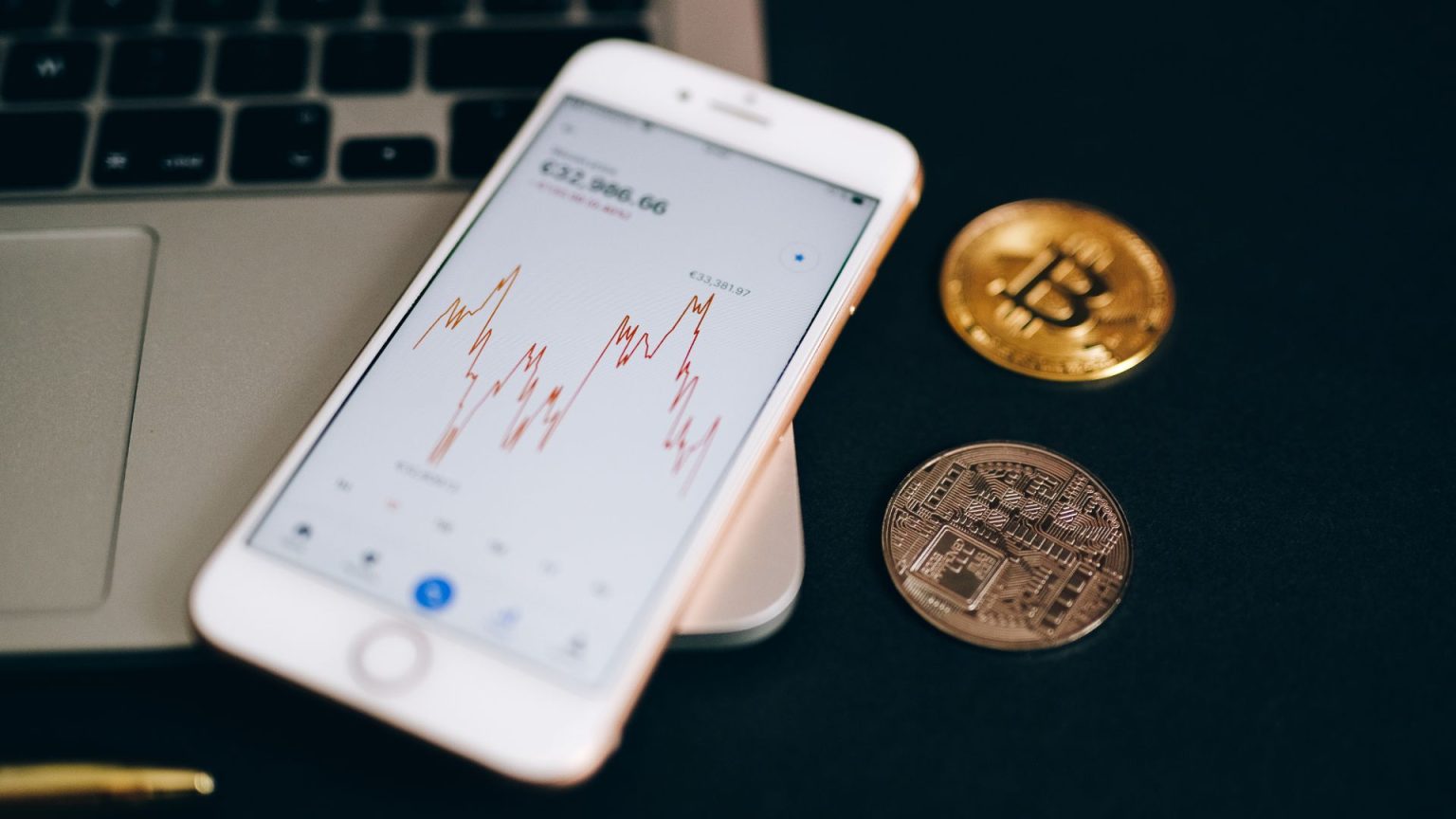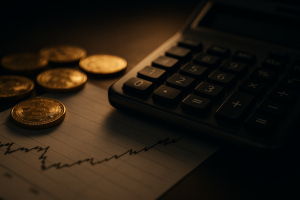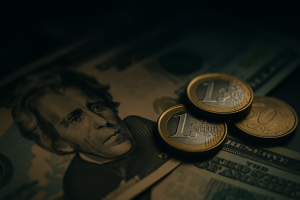Ask any experienced trader what separates winners from losers, and they’ll almost always give you the same answer: psychology.
It’s not the indicator you use, the coin you pick, or even your entries, it’s whether you can control your mind when money is on the line. Unfortunately, most beginners focus only on strategies and skip the mental game entirely.
Here are the 3 most overlooked parts of trading psychology that new traders must master to succeed.
1. Patience: The Discipline to Wait for Your Setup
Most new traders feel like they have to always be in a trade. They fear missing out and jump into random setups just to feel like they’re “doing something.”
But the truth is: the best trades often come from waiting.
- The market spends more time consolidating than trending.
- A few high-quality trades each week are worth more than dozens of impulsive ones.
- Overtrading drains not only your account, but also your focus and emotional stability.
👉 Mastery comes when you realize not trading is a position too. Patience separates pros from gamblers.
2. Risk Acceptance: Learning to Lose Without Losing Control
Every trader loses. The difference between professionals and beginners isn’t whether they lose, it’s how they respond to it.
Most beginners:
- Double down after a loss (revenge trading).
- Move stop losses further to “give it more room.”
- Risk way too much on a single trade to make money back fast.
Professionals:
- Accept risk before they enter the trade.
- Use consistent position sizing (1–2% risk per trade).
- Treat a loss as data, not failure.
👉 Until you learn to accept losing as part of the game, you’ll always trade emotionally.
3. Emotional Detachment: Trading the Chart, Not Your Feelings
Bitcoin doesn’t care about your hopes, fears, or opinions, and neither do altcoins, forex pairs, or stocks. Yet beginners often let emotions run the show:
- FOMO (Fear of Missing Out): Buying tops after a big green candle.
- Fear: Selling bottoms right before a reversal.
- Greed: Holding too long because “it’s going higher.”
To win, you need to trade the chart, not your feelings. That means:
- Having predefined entry and exit rules.
- Sticking to your plan no matter what the candles do in the moment.
- Detaching your identity from trade outcomes – your self-worth isn’t tied to wins or losses.
👉 The chart is neutral. Only your reaction makes it stressful.
Final Thoughts
Most beginners think trading success is about finding the perfect strategy. In reality, it’s about mastering patience, risk acceptance, and emotional detachment.
Get those three right, and even a simple strategy will make you consistent. Get them wrong, and no strategy in the world will save you.
Trade With the Right Psychology at EPIQ
At EPIQ Trading Floor, we don’t just teach strategies, we help you build the mental edge that makes those strategies work:
- ✅ Trade journals to track your emotional patterns
- ✅ Live coaching on risk management and patience
- ✅ A community of traders who keep each other accountable
👉 Start your 3-day free trial today and learn how to trade with discipline, not emotion.
Disclaimer: This content is for educational purposes only and should not be considered financial advice.










Responses